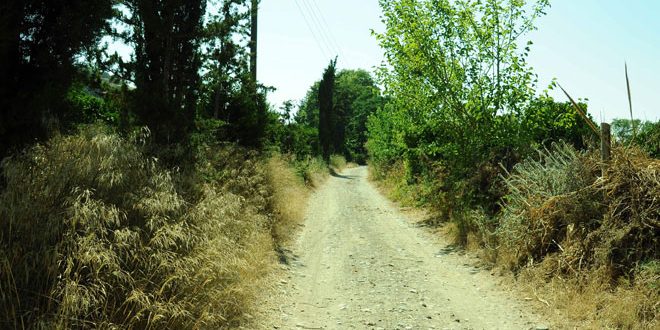Rome – Climate change poses a major risk for rural people in developing countries, often leading to distress-driven migration, and bolstering sustainable agriculture is an essential part of an effective policy response, FAO Director-General José Graziano da Silva said today.
Citing figures showing that since 2008 one person has been displaced every second by climate and weather disasters – an average of 26 million a year – and suggesting the trend is likely to intensify in the immediate future as rural areas struggle to cope with warmer weather and more erratic rainfall, he said the “solution to this great challenge” lies in bolstering the economic activities that the vast majority of rural populations are already engaged in.
Graziano da Silva and William Lacy Swing, Director-General of the International Organization for Migration (IOM), spoke at a meeting during FAO’s Conference.
“Although less visible than extreme events like a hurricane, slow-onset climate change events tend to have a much greater impact over time,” Swing said, citing the drying up over 30 years of Lake Chad, now a food crisis hotspot. “Many migrants will come from rural areas, with a potentially major impact on agricultural production and food prices.”
FAO and IOM, chosen as co-chairs for 2018 of the Global Migration Group – an inter-agency group of 22 UN organizations – are collaborating on ways to tackle the root causes of migration, an increasingly pressing issue for the international community.
Drivers of rural migration
Rural areas of developing countries, where often poor households have limited capacity to cope with and manage risks, are forecast to bear the brunt of higher average temperatures. Such vulnerabilities have been worsened by years of underinvestment in rural areas.
Using migration as an adaptation strategy can be positive – remittances can bolster food security and productive investment in places of origin – but can also perpetuate more vulnerability if not supported by adequate policies.
“We need to systematically integrate migration and climate change into national development and poverty reduction programmes, disaster risk reduction and crisis planning and develop agricultural policies and practices that enhance resilience in the face of climate-induced forced migration,” IOMs Swing added.
FAO and IOM called for explicit recognition of migration – both its causes and its potential – in national climate change and rural development policies.
The role of agriculture
Farming and livestock sectors typically bear more than 80 percent of the damage and losses caused by drought, underscoring how agriculture stands to be a primary victim of climate change. Other impacts include soil degradation, water scarcity and depletion of natural resources.
Agricultural and rural development must be an integral part of solutions to weather and climate-related challenges, especially as they link with distress migration, Graziano da Silva said.
Investment in resilient rural livelihoods, decent employment opportunities, especially for youth, and social protection schemes geared to protecting people from risks and shocks, is necessary, he added.
FAO also helps vulnerable members states in various ways, including with setting up early warning and early actions systems, dealing with water scarcity and introducing Climate-Smart Agriculture methods and Safe Access to Fuel and Energy initiatives designed to ease tensions between refugees and their host communities as well as reduce deforestation.
Prepared By: Sharif al -Khatib

